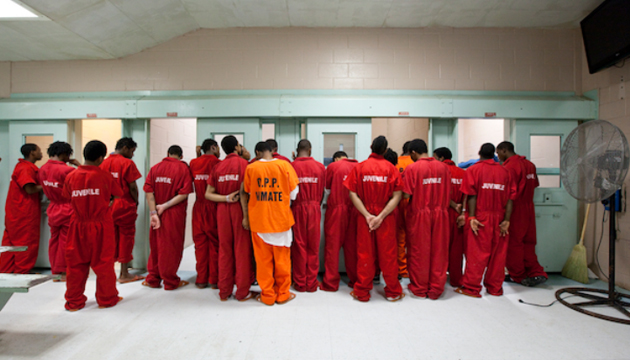Every individual who 'flunks out' of school is not only a burden to society, but also a lost opportunity to add a contributing member to our information-dependent economy. When education fails to reach even one person, it fails everyone.
Quality & Me
Subir shares his own personal efforts to work toward continuous improvement within his own community, among his friends and family.
Modern economies depend heavily upon the distribution high quality education to members of our society. Without high-quality structured learning programs, not only are companies left without viable candidates to fill skilled jobs, society is often required to take care of the ‘drop outs’ one way or another.
The tragedy is that had these kids found something they liked about education, they might have stayed in school. They might have gone on to lead productive lives and avoided the blemish of a criminal record. But for many of them, education reminds them of past failure. Without guidance and mentorship, that’s a very difficult (if not impossible) barrier to ask school-age kids to overcome on their own.
So I ask, who failed whom?
In 2007, I received a letter from the Orange County Corrections Department in Orlando, Florida that still amazes me. The letter described how Warren Kenner, a facilitator for a “youthful offender program,” introduced my book, “The Ice Cream Maker” as part of the curriculum for an eight-week literature study class for about a dozen students.
If you have read this book, you know that it addresses concepts of deploying quality in a business operation. Mr Kenner saw another application of the concept; to offer it to his student as a model for injecting quality into their lives.
He wrote, “If you want to get ahead in life, then you’ve got to treat everyone with respect; not just the people you like. Most important, you’ve got to be thinking daily on how to improve yourself in service to others.”
He also said that many of his students have been told all their short lives that they are losers; that they would never achieve anything in their lives. After a while, you begin to believe it. Most of them have such a low opinion of themselves that they lack the basic attributes of ambition and hope that you and I take for granted.
His goal is to keep the kids from internalizing the negative voices and reach out for excellence. “My whole thrust is to have them commit to themselves. The have to believe in themselves before they can help themselves or anybody else.”
In Ice Cream Maker, one of the primary motivators for the fictitious business owner was recognizing the price of failure. For some of the students in this class, it was the first time that they had ever finished reading a book, yet remarkably, many came away from the experience recognizing the price of their own failure and fully comprehending that failure isn’t final; that once you shed negative feelings about failure, you can begin working for total quality mindset in everything that you do.
Imagine what we might accomplish if more people understood this very simple concept. If these kids get it, why can’t the rest of us?



















